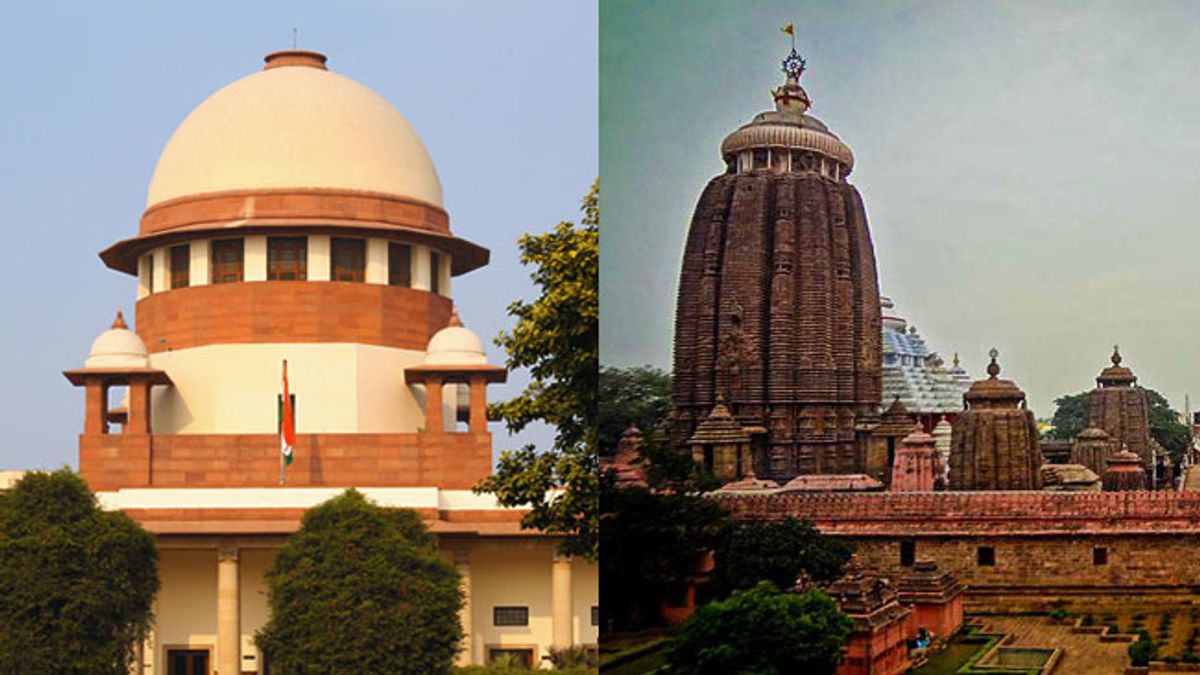
New Delhi, June 3: The Supreme Court on Friday dismissed a Special Leave Petition which challenged an Odisha High Court order which had allowed the government to do excavation and construction work at the famed Lord Jagannath temple.
A Supreme Court Bench comprising Justice B R Gavai and Justice Hima Kohli also fined Rs 1 lakh on the petitioners, saying there was no merit in the contention of the petitioners.
The Court ordered that the cost should be deposited by the petitioners within four weeks.
The apex court observed that “recently there has been a mushroom growth of Public Interest Litigation in the Supreme Court. We highly condemn the practice of filing such frivolous petitions and such practices should be nipped in the bud”.
The court on Thursday heard senior advocates Mahalakshmi Pavani and Vinay Navare who had opposed the construction and excavation work going on inside the premises of Jagannath stating that proper permission was not taken before beginning starting the excavation.
They had also submitted that the construction and excavation should be taken up by the Archaeological Survey of India. But it had been given to TATA Projects Ltd.
Advocate General of Odisha Ashok Kumar Parija submitted that the state was taking up the beautification project of the area. And proper permissions had been received.
Senior advocate Pinaki Misra also submitted. That that during the period of Rath Yatra about 10–15 lakh people visit the temple and people were facing difficulties.
The petitioners had approached the Supreme Court against the order of The High Court of Odisha at Cuttack.
The High Court had allowed the excavation and construction work to continue. The petitioners had prayed for the grant of ex-parte ad-interim stay of the operation of the High Court order.

